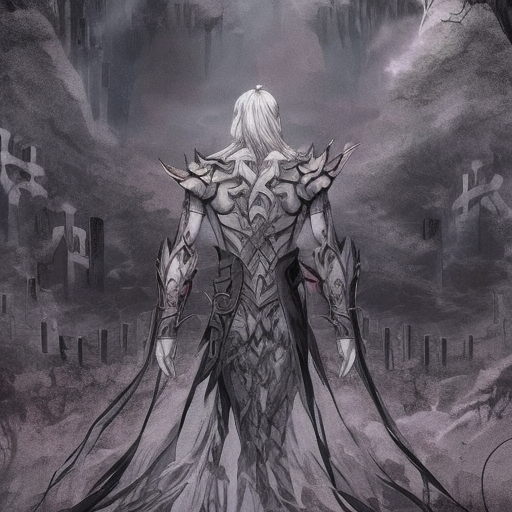The Human Condition I: No Greater Love by Masaki Kobayashi
Summary: “The Human Condition I: No Greater Love” is a powerful and thought-provoking film directed by Masaki Kobayashi. It follows the journey of Kaji, a pacifist and idealistic young man, as he navigates the horrors of World War II and struggles to maintain his humanity amidst the brutality of war.
Main Cast and Crew:
- Director: Masaki Kobayashi
- Writer: Zenzo Matsuyama (screenplay), Masaki Kobayashi (screenplay)
- Key Actors: Tatsuya Nakadai (Kaji), Michiyo Aratama (Michiko), Chikage Awashima (Tajiro), Ineko Arima (Kaji’s Mother)
- Music Director: Chuji Kinoshita
- Director of Photography: Yoshio Miyajima
- Producers: Shigeru Wakatsuki, Tatsuo Hosoya
Plot:
“The Human Condition I: No Greater Love” is set during World War II and focuses on Kaji, a young Japanese man who is assigned to a labor camp in Manchuria. Kaji is a pacifist and believes in treating others with dignity and respect. However, he quickly realizes that the camp is a harsh and inhumane environment where prisoners are subjected to physical and psychological abuse.
As Kaji witnesses the atrocities committed by the camp’s sadistic overseers, he becomes determined to protect the prisoners and improve their living conditions. He faces numerous challenges along the way, including resistance from his superiors and the indifference of his fellow Japanese soldiers. Despite the odds, Kaji remains steadfast in his belief that every human life is valuable and deserving of compassion.
Throughout the film, Kaji forms relationships with other prisoners, including Tajiro, a young man who shares his ideals, and Michiko, a woman who becomes his love interest. These relationships provide moments of hope and tenderness amidst the brutality of war.
Themes and Motifs:
“The Human Condition I: No Greater Love” explores themes of human dignity, morality, and the corrupting influence of power. It raises questions about the nature of war and the responsibility of individuals to stand up against injustice. The film also delves into the complexities of human relationships, highlighting the ways in which love and compassion can flourish even in the darkest of times.
Reception and Legacy:
Upon its release, “The Human Condition I: No Greater Love” received critical acclaim for its powerful storytelling and social commentary. It was praised for its unflinching portrayal of the horrors of war and its exploration of the human condition. The film went on to win several awards, including the Mainichi Film Award for Best Film and the Blue Ribbon Award for Best Director.
The legacy of “The Human Condition I: No Greater Love” is enduring, as it continues to be regarded as one of the greatest anti-war films ever made. Its exploration of the moral dilemmas faced by individuals during wartime resonates with audiences to this day. The film’s influence can be seen in subsequent works that tackle similar themes and subject matter.
Recommendation:
“The Human Condition I: No Greater Love” is a must-watch for fans of thought-provoking cinema. It offers a poignant and harrowing portrayal of the human spirit in the face of adversity. The film’s compelling performances, gripping storyline, and powerful themes make it a cinematic masterpiece that should not be missed.
Memorable Quote:
“Even if we are crushed by the enemy, even if we are wiped out, our duty is to fight to the end.” – Kaji












